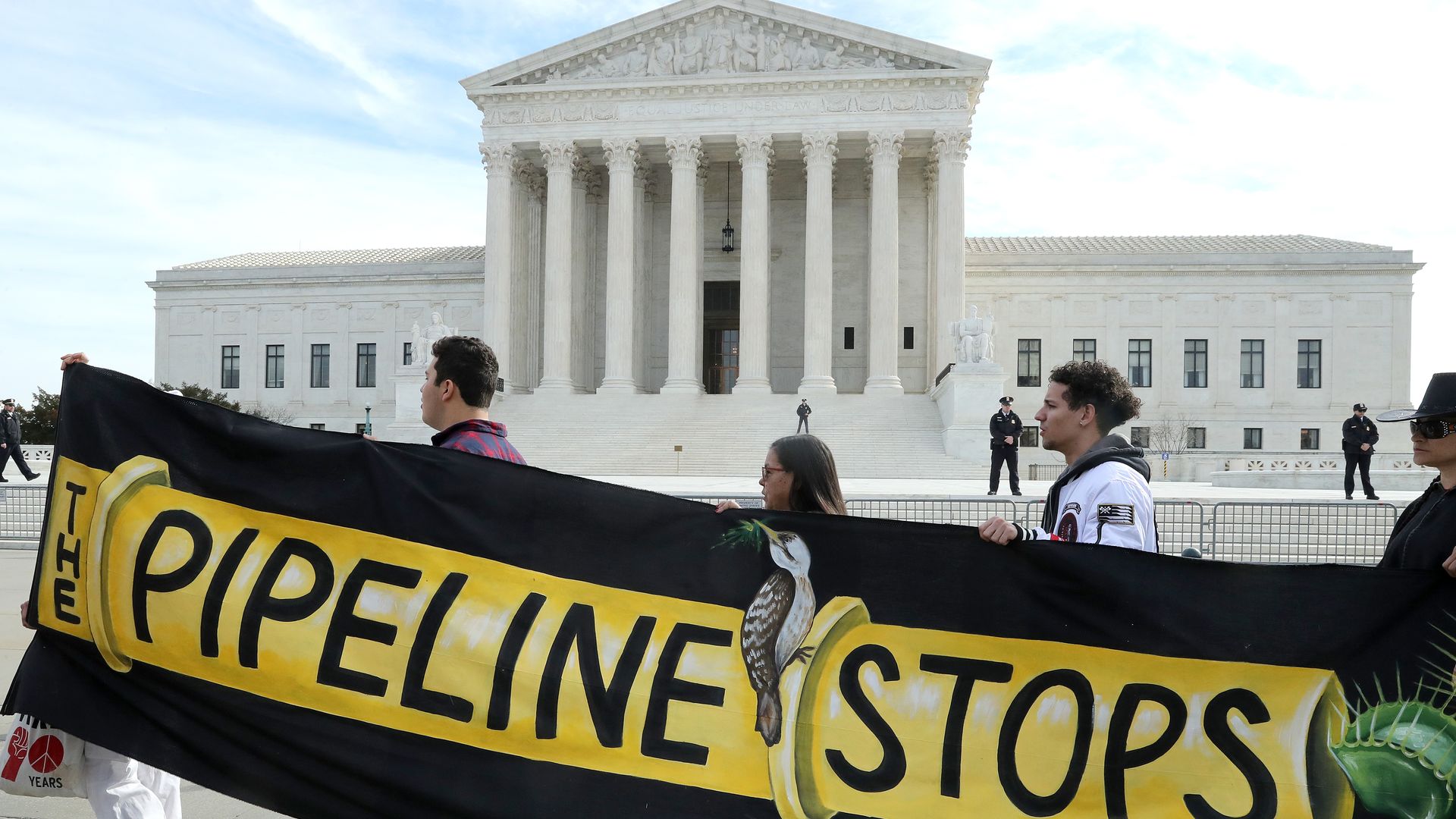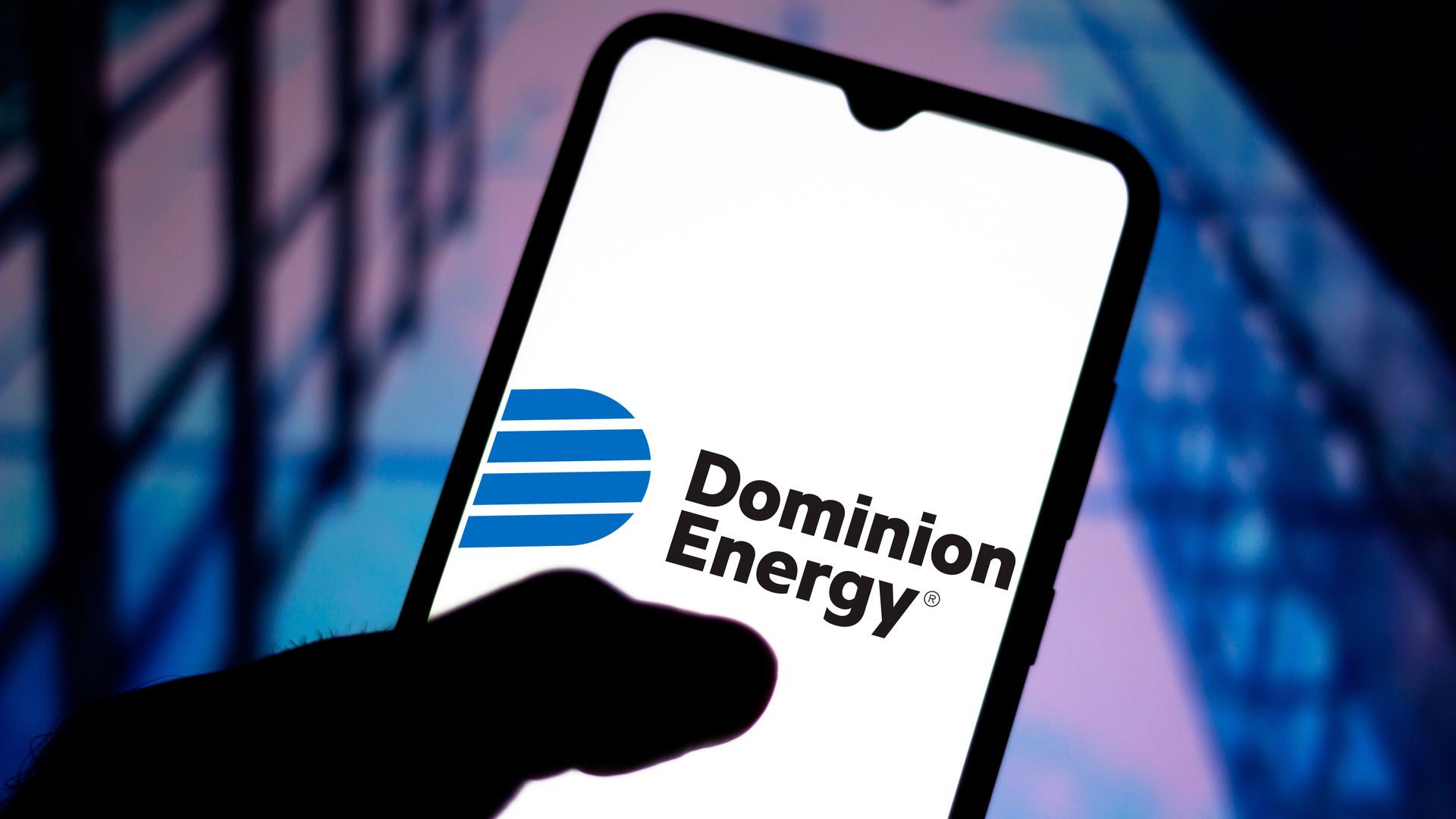
US Energy Companies Abandon Atlantic Coast Pipeline Citing Legal Challenges, Cost Uncertainty
© AP Photo / Steve Helber 06.07.2020
The construction of an Atlantic Coast Pipeline (ACP), to deliver fracked natural gas 600 miles from West Virginia, through Virginia to a North Carolina port, has faced heavy opposition by environmental activist groups since it's 2014 announcement. Activists also opposed a pipeline tunneling below the famed Appalachian Trail.
Two US companies attempting to carry out the Atlantic Coast Pipeline project, Dominion Energy and Duke Energy, announced on Sunday that they would abandon the pipeline due to “ongoing delays” brought by legal battles and “increasing cost uncertainty” that “threaten the economic viability of the project”.
The two companies cited a recent Montana court ruling that ended the authority of the US Army Corps of Engineers, a formation of the US Army that primarily oversees dams, canals and flood protection, to issue utility line permits across wetlands and bodies of water, as one legal challenge behind the companies’ decision to give up the project.
Despite Dominion and Duke being permitted on 15 June by the US Supreme Court to proceed in the pipeline construction, which was planned to be finished by 2021, the companies said that “recent developments have created an unacceptable layer of uncertainty and anticipated delays for ACP”.
“The potential for a Supreme Court stay of the district court's injunction would not ultimately change the judicial venue for appeal nor decrease the uncertainty associated with an eventual ruling. The Montana district court decision is also likely to prompt similar challenges in other Circuits related to permits issued under the nationwide program including for ACP,” the companies said in a press release.
The corporations added that litigation risk, along with other “continuing execution risks, make the project too uncertain to justify investing more shareholder capital”.
Announced in 2014, the construction of the ACP was estimated at the time to cost $4.5-$5 billion. Costs quickly ballooned to at least $8 billion due to “a series of legal challenges to the project's federal and state permits”.
“We regret that we will be unable to complete the Atlantic Coast Pipeline. For almost six years we have worked diligently and invested billions of dollars to complete the project and deliver the much-needed infrastructure to our customers and communities,” Dominion Energy CEO Thomas F. Farrell II and Duke Energy CEO Lynn J. Good said in a joint statement. “This announcement reflects the increasing legal uncertainty that overhangs large-scale [petrochemical] energy and industrial infrastructure development in the United States. Until these issues are resolved, the ability to satisfy the country's energy needs will be significantly challenged”.
Environmental activist groups opposing the ACP called the cancellation of project a “huge, transformative victory” and noted that it “should have never been approved”.
“There are way too many people to thank for this huge victory, but from the trees to the streets to the courtrooms, you all know who you are. This project should have never been approved in the first place, and your work made it unviable,” tweeted Brennan Gilmore, executive director of Clean Virginia organisation. “THANK YOU!”
There are way too many people to thank for this huge victory, but from the trees to the streets to the courtrooms, you all know who you are. This project should have never been approved in the first place, and your work made it unviable.
THANK YOU! https://t.co/WCaI3LSpsQ— Brennan Gilmore (@brennanmgilmore) July 5, 2020
The environmental movement is a family. And today, I want to give a shout-out, high five and fist pump to our friends at @selc_org. SELC has led a diverse and crowded group of local, regional, and national orgs including @NRDC in defeating #ACP. A huge, transformative victory.— Gillian Giannetti (@GillianEnergy) July 5, 2020




![An undated file picture shows Lebanese singer Suzanne Tamim posing during a photoshoot in Egypt [STR/AFP/Getty Images]](https://i2.wp.com/www.middleeastmonitor.com/wp-content/uploads/2020/05/Suzanne-Tamim01.jpg?resize=1200%2C800&quality=85&strip=all&zoom=1&ssl=1)





















